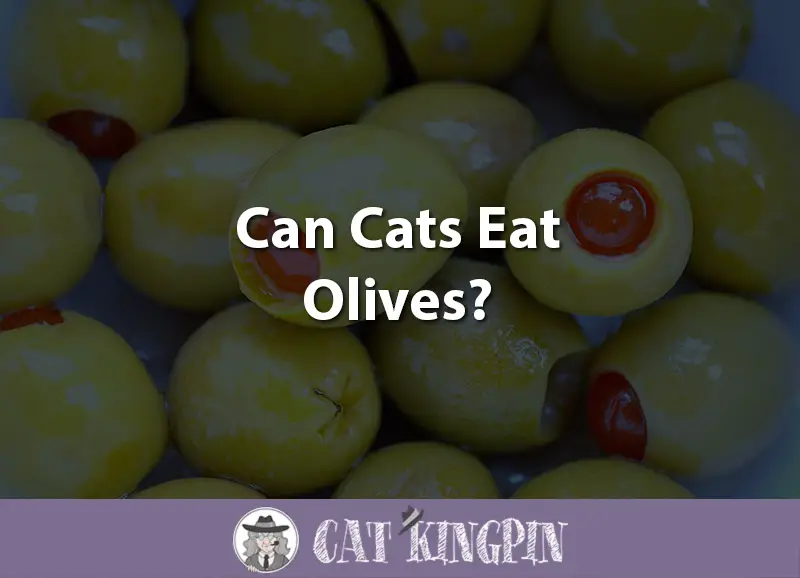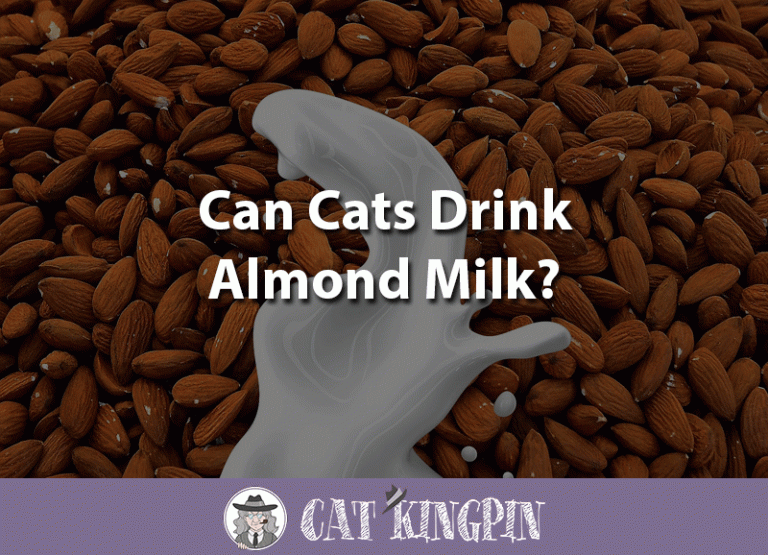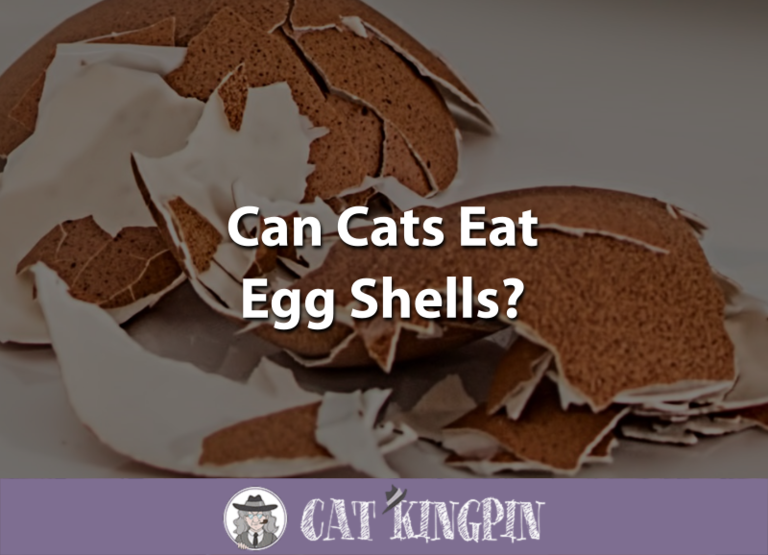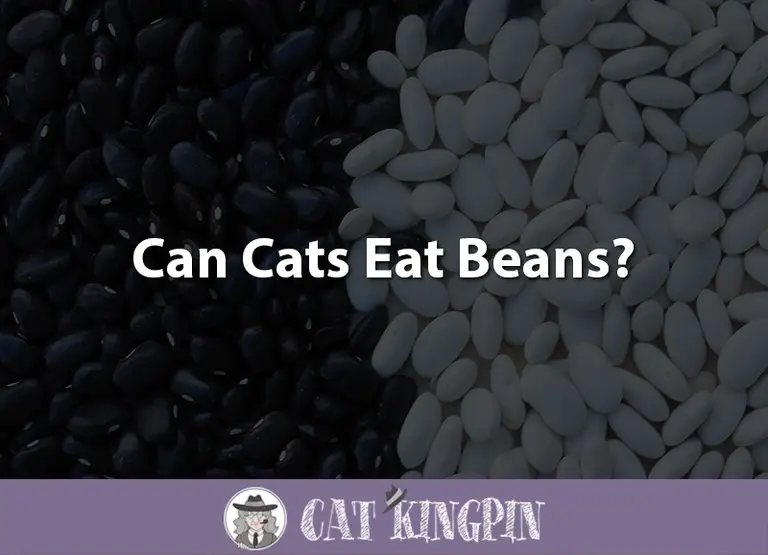Can Cats Eat Olives?
People have been eating olives for thousands of years. Olives and olive oil are often considered to be a health food and are part of the Mediterranean diet that is associated with decreased heart disease and longer life.
What about your cat? Would olives be something they might enjoy? Could olives even be a healthy addition to your cats diet?
As you will see, olives can make a fun and interesting treat for your kitty, even if they aren’t exactly a health food for cats.
In this article, the following will be covered:
- Cats and Olives, What You Need to Know
- Can Cats Eat Black Olives?
- Can Cats Eat Green Olives?
- Can Cats Eat Kalamata Olives?
- Can Kittens Eat Olives?
- Benefits/Drawbacks to Cats Eating Olives
- Healthy Alternatives to Olives

This content has been reviewed and approved by our in-house Veterinarian for accuracy.
Cats and Olives, What You Need to Know
Olives are the fruit of the olive tree, Olea europaea. An evergreen tree or shrub native to the Mediterranean, they rarely reach 25–50 feet in height.
Olive trees have been cultivated for thousands of years, and archeological evidence suggests they were grown commercially grown in Crete by as early as 3000 BC. In fact, a number of olive trees have been determined to be at least 2,000 years old and are still alive and producing fruit.
As far as people go, many of the health benefits are attributed to the polyphenols contained in olives. These same compounds give olives their bitter taste.
Because of this bitterness, olives can’t be eaten straight from the tree. Instead, they must be cured and fermented in a brine solution for a few months before they are ready to eat.
Olives are considered non-toxic for cats. What is perhaps most interesting is that some cats react to olives the same way they do to catnip, as we can see in the following video:
It turns out that olives contain an aromatic compound that belongs to a class of chemicals known as iridoids. Scientists have determined that catnip also contains one of these iridoids, nepetalactone.
Although the exact reason some cats flip out over olives is uncertain, it’s possible that the similar chemical in olives elicits a catnip-like response in our feline friends.
Can Cats Eat Black Olives?
Black olives are simply olives that are not picked from the tree until they are fully ripe. Because they are not cured for as long in brine solution, black olives tend to have lower sodium than green olives and are also less bitter.
As long as you don’t give too many, and make sure they don’t have pits, cats are fine to eat black olives.
Can Cats Eat Green Olives?
Green olives are picked after they have reached full size, but before the ripening process has begun. As they are more bitter than black olives, some cats may not like how they taste.
Nonetheless, some cats still seem to love green olives, as we can see in the following video:
I must confess that even though there are quite a few videos on the interweb showing cats eating olives, I had to pick this one because I have two sphynx cats!
Anyway, if your cat does like green olives, let them have at it. Just make sure they have the pits removed and only give them small amounts at a time.
Can Cats Eat Kalamata Olives?
The Kalamata olive is a large, almond-shaped, black or brown olive with a meaty texture. Named after the city of Kalamata, Greece, there really isn’t a lot of difference between Kalamata and regular black olives as far as cats are concerned.
Cats can eat Kalamata olives as long as you follow the general guidelines to only give your cat olives without pits, and then only in moderation.
Can Kittens Eat Olives?
Kittens tend to be more susceptible to sicknesses than adult cats because they are tiny and have not yet fully developed. Kittens also do not have as much experience with different food items.
Because of this, kittens may try to swallow an olive pit, which could present a choking hazard. It is simply too dangerous to give kittens olives that still have the pits in them.
Similarly, kittens are more sensitive to the laxative effects from the fiber in olives. This could cause diarrhea, possibly leading to dehydration and a trip to the vet.
Instead of olives, why not try giving your kitten a healthy kitten food, like Blue Wilderness kitten food? This type of food has everything your kitten needs to grow up big and strong, without anything that could cause harm.
Benefits/Drawbacks to Cats Eating Olives
Even though cats can eat olives, are olives good for cats?
The main thing to remember is that cats are obligate carnivores, meaning all they really need to eat is meat. Since cats derive the vast majority of their nutrition from eating meat, there is generally not a huge health benefit for your cat from eating olives.
Nutritionally, olives are high in fat and sodium. Fortunately for cats, they do not seem to suffer the same negative health effects that people do when eating a diet high in salt.
Likewise, cats can enjoy a diet proportionately higher in fats than humans without developing heart disease, but that doesn’t mean it’s good for them. The main problem with cats eating a high-fat diet is they could become overweight.
Also, olives contain a fair amount fiber. A 100 gram serving of olives averages 3.3 grams of fiber.
Cats don’t need fiber in their diet. In fact, foods containing fiber can have a laxative effect on cats.
Interestingly, cats suffering from obesity-related inflammatory disorders might benefit from the polyphenols contained in olives. However, before you start giving your cats olives as medicine, make sure you talk to you veterinarian first.
Healthy Alternatives to Olives
Olives can be a fun, healthy treat for your kitty and an interesting change of pace from their normal food. Even so, there are many healthy alternatives to feeding your cat olives.
If you really want your cat to have vegetables in their diet, why not try a cat food that has been formulated to meet the feline’s specific nutritional needs?
Taste of the Wild Grain Free High Protein Natural Dry Cat Food contains a variety of fruits and vegetables along with venison and salmon, so your cat can eat a healthy and balanced diet.
So, Can Cats Eat Olives?
Cats are fine to have a small amount of olives from time to time. Even if they don’t eat them, some cats may have a catnip-like reaction to olives, which can be fun for you and your cat.
As long as your cat’s diet is primarily well-balanced cat foods like those listed above, a little variety can be a fun way to spice up your cat’s life!
If you have any questions or would like to share a story about your cat and olives, please tell us in the comments below. We’d love to hear from you!







